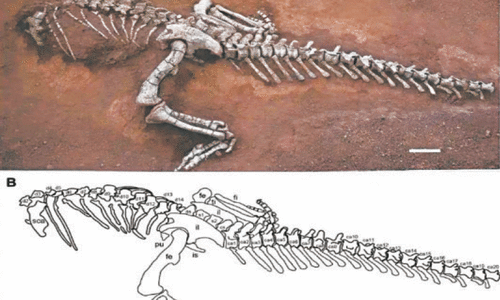PARIS, May 20: Massive extraction of groundwater can resolve a puzzle over a rise in sea levels in past decades, scientists in Japan said on Sunday.
Global sea levels rose by an average of 1.8 millimetres per year from 1961-2003, according to data from tide gauges.
But the big question is how much of this can be pinned to global warming.
In its landmark 2007 report, the UN's Nobel-winning Intergovernmental Panel on Climate Change (IPCC) ascribed 1.1mm per year to thermal expansion of the oceans — water expands when it is heated — and to meltwater from glaciers, icecaps and the Greenland and Antarctica icecaps.
That left 0.7mm per year unaccounted for, a mystery that left many scientists wondering if the data were correct or if there were some source that had eluded everyone.
In a study published in the journal Nature Geoscience, a team led by Yadu Pokhrel of the University of Tokyo say the answer lies in water that is extracted from underground aquifers, rivers and lakes for human development but is never replenished.
The water eventually makes it to the ocean through rivers and evaporation in the soil, they note.
Groundwater extraction is the main component of additions that account for the mystery gap, according to their paper, which is based on computer modelling.
“Together, unsustainable groundwater use, artificial reservoir water impoundment, climate-driven change in terrestrial water storage and the loss of water from closed basins have contributed a sea-level rise of 0.77mm per year between 1961 and 2003, about 42 percent of the observed sea-level rise,” it says.
The probe seeks to fill one of the knowledge gaps in the complex science of climate change.
Researchers admit to many unknowns about how the oceans respond to warming, and one of them is sea-level rise, an important question for hundreds of millions of coastal dwellers.
Just a tiny rise, if repeated year on year, can eventually have a dramatic impact in locations that are vulnerable to storm surges or the influx of saltwater into aquifers or coastal fields.
In its 2007 Fourth Assessment Report, the IPCC said the oceans would rise by between 18 and 59 centimetres by the century's end.
But this estimate did not factor in meltwater from the mighty Greenland and Antarctic ice sheets.
A study published last year by the Oslo-based Arctic Monitoring and Assessment Project (AMAP) said sea levels would rise, on current melting trends, by 90cms to 1.6 metres by 2100.—AFP

















































Dear visitor, the comments section is undergoing an overhaul and will return soon.